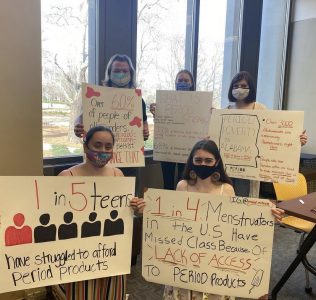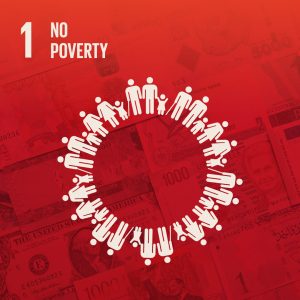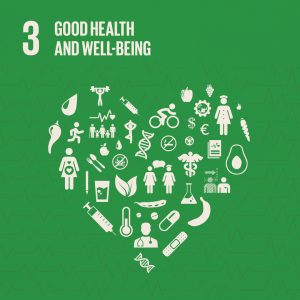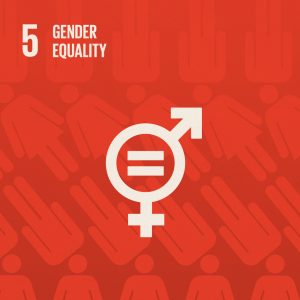By Regan Moss.
Menstruation is a shared experience for many female-bodied individuals. Despite the normalcy of having a menstrual cycle, pervasive stigmas surrounding female bodies and their functions persist.
One of the most notable outcomes of the stigmas associated with periods and menstruators is the economic burden of supporting one’s menstrual health. On any given day, 800 million individuals are menstruating worldwide; 500 million of which will lack adequate resources to support their health while on their period. Some of the economic burden can be accounted for by the high costs associated with period products (e.g., pads and tampons), the lack of free provision in federally-funded spaces, and the existence of the Tampon Tax, otherwise known as the Pink Tax.
Despite the fact that menstruation is a biological function and menstrual products aid in supporting the health of menstruators, pads and tampons are considered non-essential and receive an additional tax known as the “Tampon Tax” in 30 states across the US. That’s 60% of states, including Alabama. This tax remains the only sex-specific tax to remain in our country at present day and compounds the many reasons why menstruators may be unable to or find it difficult to obtain period products. The nominalization of these items as “luxury” results in the health of menstruators being positioned within a market, rather than recognized as a human right.
 Another issue with the classification of these products as a luxury item is the disproportionate effect on those positioned within a lower socioeconomic class. Many that are homeless will improvise with paper towels, newspapers, rags, and plastic bags. At shelters, menstruators will not find access to needed menstrual products due to tampon taxes and lack of federal funding. Incarcerated individuals are forced to bargain and are often sexually coerced in their attempts to acquire access to menstrual products. 1 in 5 teenage girls within the United States will lack access to menstrual products entirely. Individuals receiving government assistance will not be allowed to purchase menstrual products with this aid and can be prosecuted for their attempts to exchange food for such products.
Another issue with the classification of these products as a luxury item is the disproportionate effect on those positioned within a lower socioeconomic class. Many that are homeless will improvise with paper towels, newspapers, rags, and plastic bags. At shelters, menstruators will not find access to needed menstrual products due to tampon taxes and lack of federal funding. Incarcerated individuals are forced to bargain and are often sexually coerced in their attempts to acquire access to menstrual products. 1 in 5 teenage girls within the United States will lack access to menstrual products entirely. Individuals receiving government assistance will not be allowed to purchase menstrual products with this aid and can be prosecuted for their attempts to exchange food for such products.
Thousands of women are incarcerated in Alabama. An estimated 15.5% of Alabamians live in poverty. Given the economic positioning of many Alabamians, it’s vital that we eliminate this tax in our state. More so, it is necessary to recognize the humanity of menstruators by supporting this facet of their health. It is equally as important to highlight the positions of those that face additional barriers to their health and the outcome that the Tampon Tax has on those that are incarcerated, facing housing instability, homelessness, facing economic insecurity, and other economically and politically challenging situations.
Many states have recognized the necessity for the tampon tax to be eradicated, in addition to recognizing that its mere existence alone is unjust.
This legislative session, call on your state legislators to eradicate the tampon tax in your state. Visit the Period. @Auburn website to sign the petition to eradicate the tampon tax in Alabama and to access a policy tool kit.
Post contributed by Regan Moss, founder of Period. @ Auburn, AL
Learn about the SDGs & AU and our contributions related to this post:







